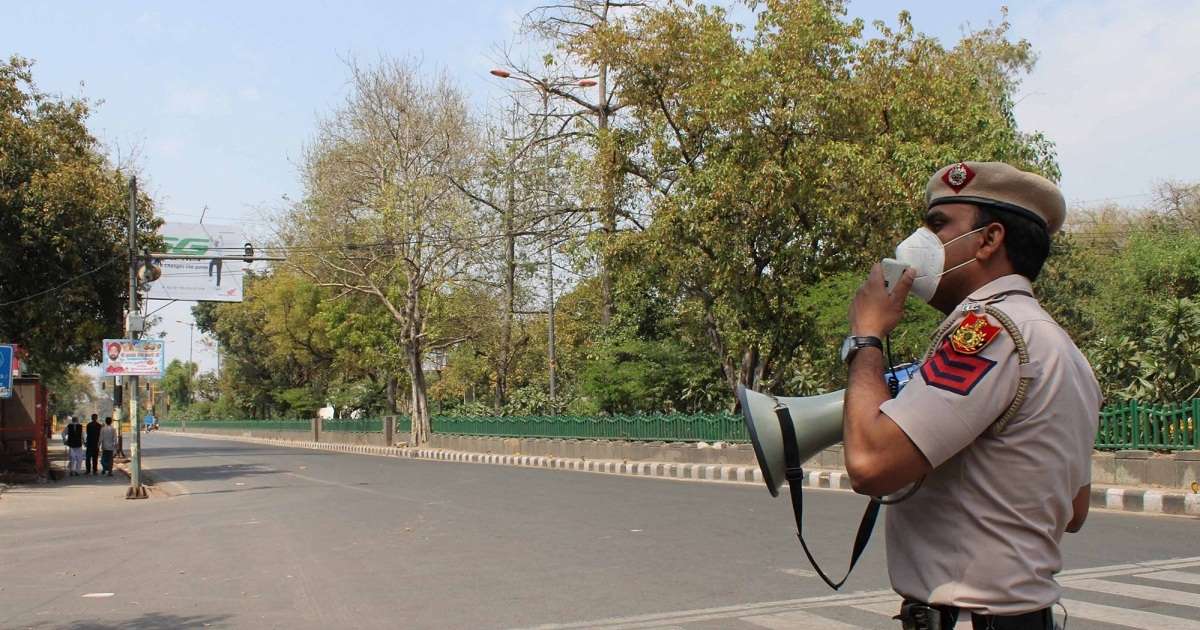
On March 24 at 8.00 PM, Indian Prime Minister Narendra Modi, addressed the nation via a live telecast and declared a 21-day complete nationwide lockdown starting midnight. As he failed to assure people about the continuation of essential services and availability of essential supplies during the lockdown, the announcement led to much chaos and panic buying with crowds thronging grocery stores at night.
Shortly afterwards, the Ministry of Home Affairs (MHA) issued a long list of guidelines to be followed during this complete lockdown of 21 days, starting March 25. This gave some idea about what would and wouldn’t be available.
Here is a breakdown of the guidelines for easy understanding:
Central government OFFICES THAT WILL REMAIN OPEN*:
Defence, Central police force
Treasury, Public utilities: Petroleum, CNG, LPG, PNG
Disaster management, power generation, transmission units
Post offices, national informatics centre,
Early Warning Agencies
*with minimum number of employees
State government offices that will remain open:
Police, fire and emergency services
Essential services of Municipal bodies like water supply and sanitation.
Facilities that will remain open around you
All medical facilities including medical stores will remain open, although many big hospitals have closed their OPDs including AIIMS, Delhi
Shops selling groceries, fruits, vegetables, milk and dairy products, meat fish and eggs will remain open
Banks, ATMs
Delivery of food, medicines, other essentials through e-commerce
Petrol pumps (includes LPG, gas retail)
Important things to note:
All places of worship are to be shut. Any kind of religious gathering in places of worship are strictly prohibited.
Any kind of social gathering including weddings, religious functions are banned.
In case of funerals, only group of 20 people will be allowed
All kinds of teaching institutions are to be shut
All public transport has been suspended
If you have arrived in India after February 15 and if you have been directed to remain under home quarantine you should follow the same, else you can be booked for criminal action under Section 188 of Indian Penal Code [Disobedience to order duly promulgated by public servant] which can lead to imprisonment up to six months or a fine of Rs. 1,000.
Anybody found acting in violation of the containment guidelines will be penalised under sections 51 to 60 of Disaster Management Act as well as section 188 of IPC (as mentioned above). The sections 51 to 60 of Disaster Management Act, 2005 are explained briefly here:
Sec 51: Obstructing any government employee or refusing to comply with directions given by government and any other authority, is punishable with up to 1 year in prison or fine or both and if this leads to loss of lives or any imminent danger, punishment will extend up to 2 years in prison.
Sec 52: Making a false claim for obtaining relief given during or for the reason of a disaster is punishable with up to 2 years in prison and fine
Sec 53: Misappropriating money meant for providing relief is punishable up to 2 years in prison and fine
Sec 54: Anybody spreading false news or rumors leading to panic is punishable up to 1 year in prison or fine
Sec 55: Deals with offences committed government officials
Sec 56: Any officer who refuses to do his duty, punishable up to 1 year in prison or fine
Sec 57 to Sec 60: provisions relative to above mentioned offences and offences committed by body corporate.
In this almost curfew like situation, most heads of States as well as the Prime Minister have urged the public not to panic and know these guidelines; in case of any help people are encouraged to approach the police.
